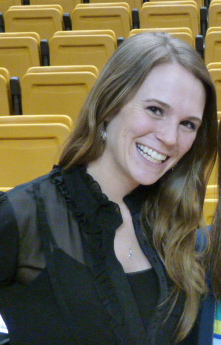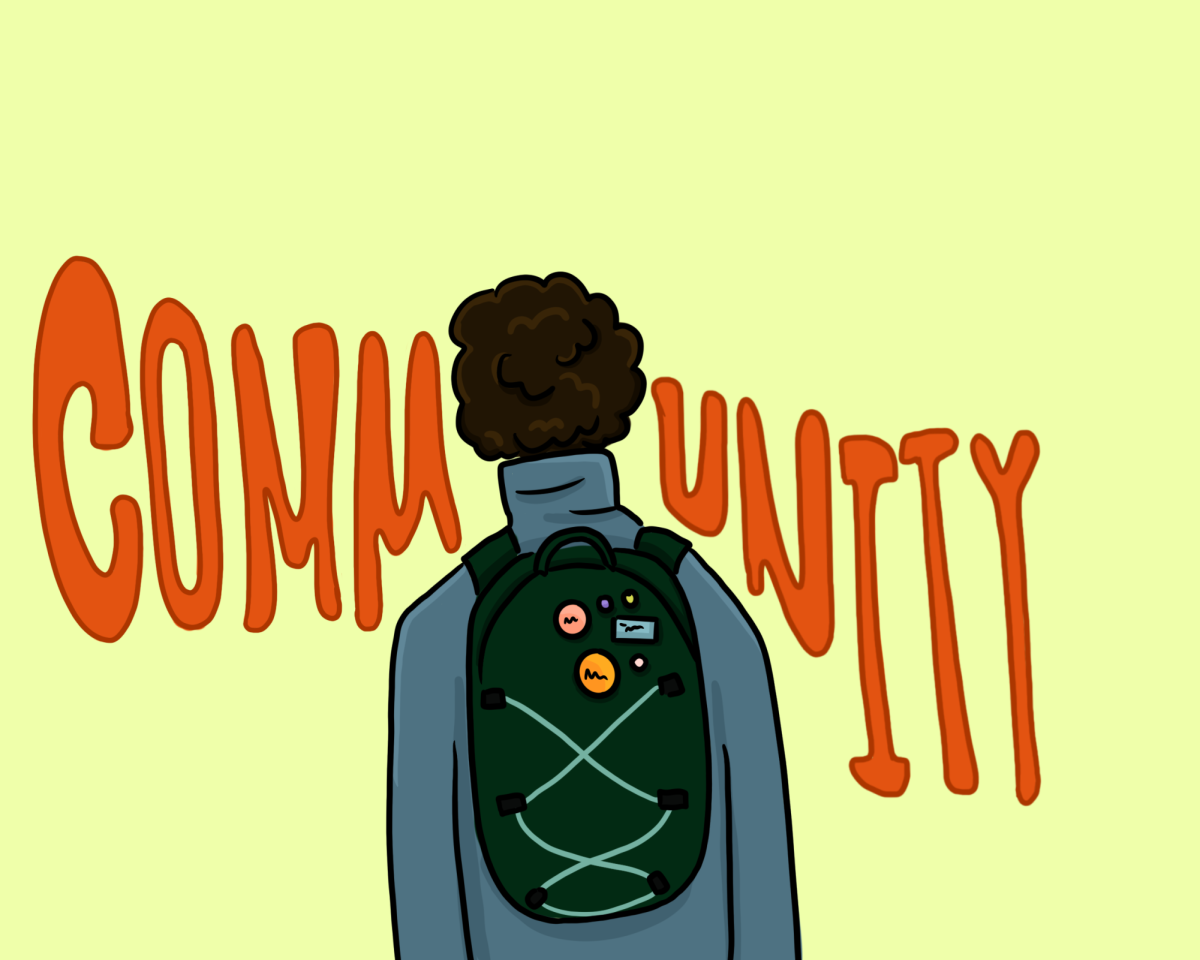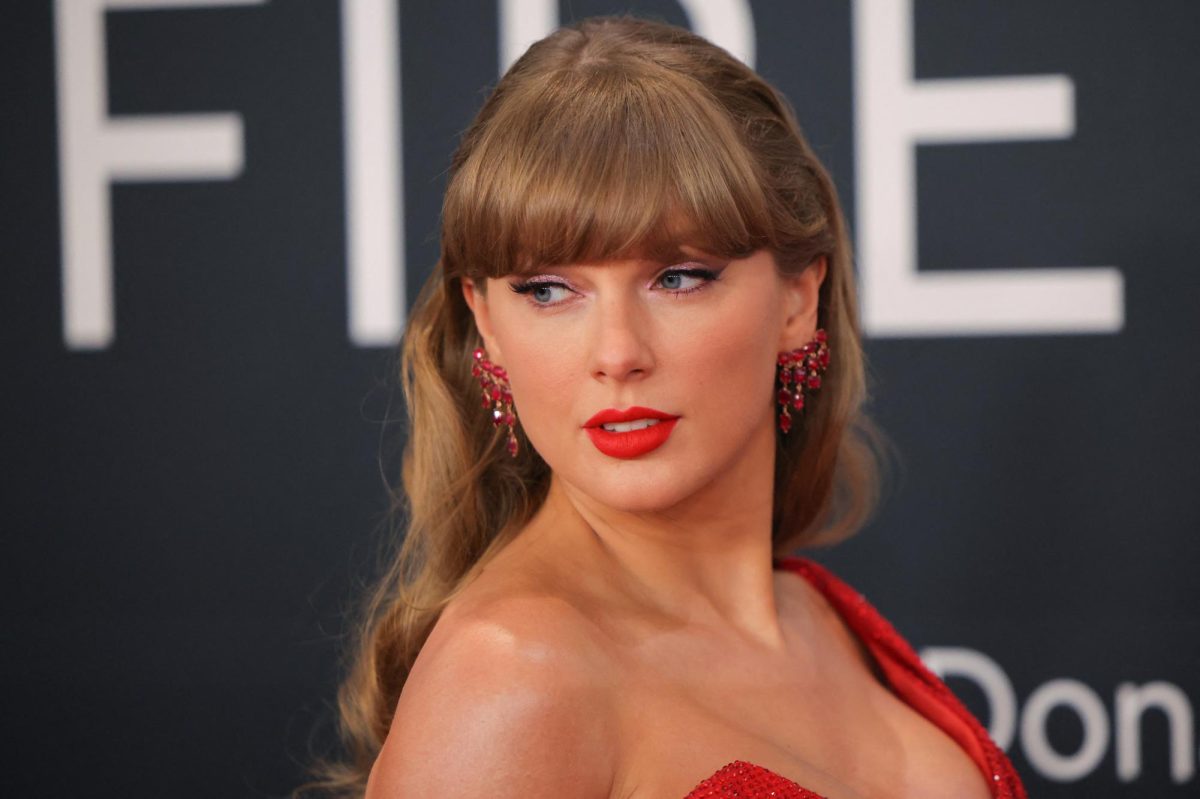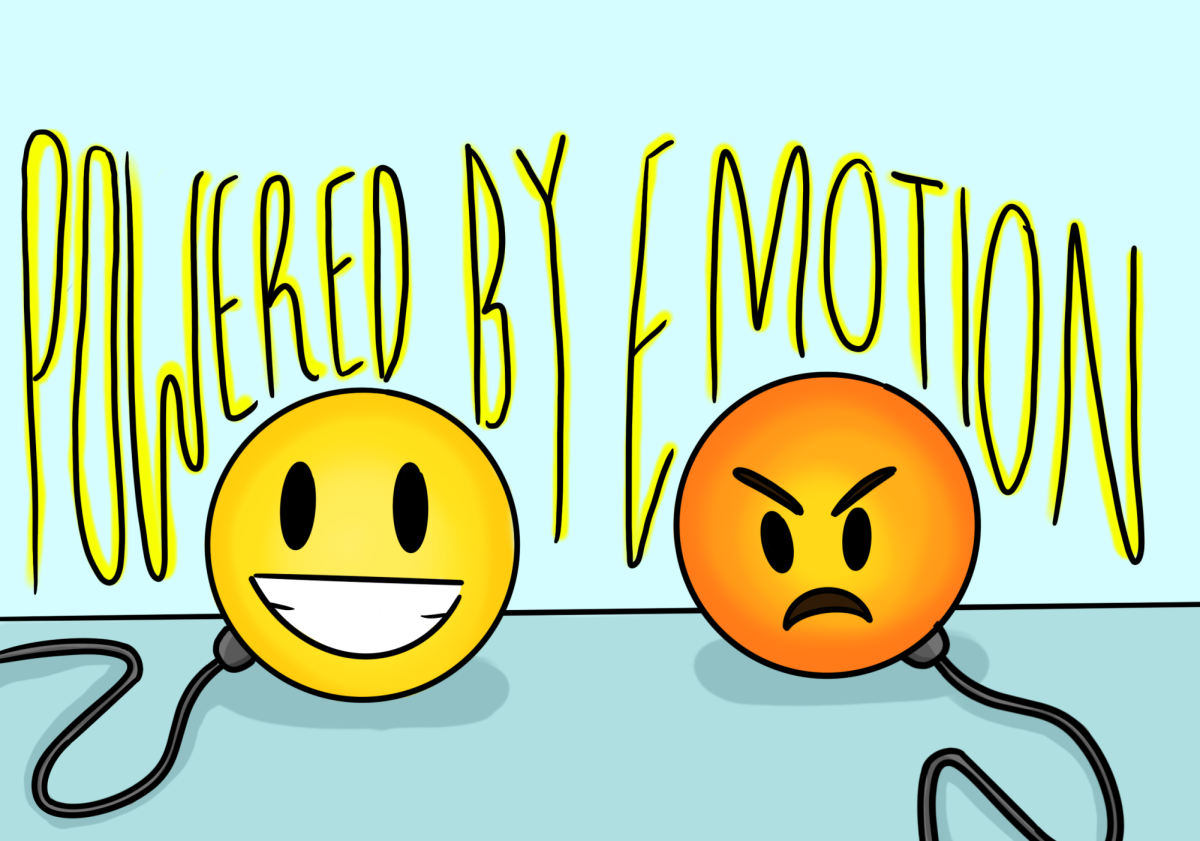Western Michigan University and Michigan State University held Flip for Autism Awareness meets during the month of February. These meets are part of the Gymnastics Doctor Autism Foundation, which was founded by Dr. Larry Nassar.
The foundation raises funds to help provide gymnastics programs for kids with special needs. At the college meets, special needs gymnastics demonstrations were held before the NCAA competitions, and kids performed a routine on either vault, bars, beam, or floor. At the end of the demonstration, a member of the 2008 Olympic team awarded each participant with a medal. Alicia Sacramone was at the MSU meet, and Chellsie Memmel at WMU. Sacramone and Memmel both got involved with Flip for Autism through Dr. Nassar, as he is the women’s gymnastics physician for Team USA.
Gymnastics at the elite level is very tough on the body; Sacramone and Memmel are both recovering from injuries that have prevented them from training full time in preparation for the 2012 season and the Olympic Trials.
Sacramone and Memmel competed in Beijing together and brought home the silver medal, becoming the second best team in the world. But no team goes to the Olympics and dreams of placing second. Sacramone, who was the team captain, retired from gymnastics after a disappointing Olympic performance in the team competition. “When you picture your dream coming true, you don’t ever picture making a mistake or messing up,” Sacramone said, “I wanted to go back and show myself and everybody else that I’m capable of better.” Sacramone came out of retirement in 2010 in hopes of making the 2012 Olympic team and ending her career on a higher note. It was this possibility of redemption that fueled Sacramone’s comeback.

In 2010, after taking a year and a half off, Sacramone made the World Team, and competed on beam and vault, which helped Team USA finish second. She won the gold medal on the vault final.
In 2011, Sacramone made the world team and traveled to Tokyo with a small pain in her foot. “I was in some pain before I left, and I know there was something going on in my achilles, but I tried to push through it. Obviously being an athlete, you work with pain all the time,” she said.
Two days before preliminaries, Sacramone ruptured her achilles tendon during a tumbling pass and was unable to compete.
Losing Sacramone from the lineup did not only affect the scores, but affected the team’s dynamics as well. Sacramone has stepped up into a leadership role on an otherwise young and inexperienced team, and it threw her teammates off to lose her from the competition. She said, “I’ve just been around for a really long time. If I go this will be my second Olympic Games, so it’s nice to have someone there with experience.” Even without Sacramone’s leadership, the team was able to win gold at the team final – the first U.S team to do so since 2007.

Chellsie Memmel is in a similar position, as she competed alongside Sacramone in Beijing. Memmel was the all-around gold medalist in the 2005 World Championships, but has been struggling with injuries ever since. After taking time off after the 2008 Olympics, Memmel made her comeback in 2011, competing all-around at the Covergirl Classic and at Nationals.
Memmel is hoping to train all-around for 2012, but a lot of her success hangs on her shoulder, which has given her problems throughout her career. “I’m just going to take it one day at a time and see how my shoulder feels,” Memmel said, who is coached by her father, Andy Memmel.
Memmel speaks of the bond she has with her father as her coach. “I know what I need to do in the gym, and he’s just kind of there to reinforce it and make a good training plan, but we have a great relationship.”
Memmel and Sacramone have Olympic exposure as well as years of competing internationally. 23-year-old Casey Jo Magee competed for the University of Arkansas, which gives her a different kind of experience. In the NCAA, competitions are mainly focused on the team’s score, as opposed to elite gymnastics, where accomplishments are measured by the success of the individual. Magee is used to performing under pressure for the benefit of her team, but had a hard time adjusting to the pressure from an elite competition.
“I was putting all this pressure on myself and I didn’t really know how to handle it, because for the last four years I had been in the college setting where I had the pressure of somebody falling before me, or knowing my team was counting on me, and I did really well with that pressure,” Magee said, who began competing as an elite gymnast in 2011.

In February 2012, Magee competed in the WOGA (Women’s Olympic Gymnastics Academy) qualifier. She hit all four routines and earned the 54 all-around score that was needed to qualify for the classics (The American Cup and The Covergirl Classic). Magee is able to take the things that she learned from her four years in the NCAA and apply them to elite competitions. “You know, you’re always harder on yourself than anybody else is. But I think now that I’ve had a year and I’ve competed in the classics and championships last season, I’ve finally found the things that I did really well in college,” Magee said, “I feel like my mental approach is better than it was last summer in the elite meets.”
To qualify for the national championships in the all-around, Magee needs to score a 54 again at one of the classics. Magee hopes to earn a spot on the national team and compete in the Olympic trials this summer. “It’s a big goal, and I know that it’s going to be tough to do, but I’m working hard to get there,” Magee said.
Magee trains at the Western Michigan University gym and is also an assistant coach for the women’s team. She believes that coaching the team helps her with her own training, as a lot of the corrections or suggestions she gives are also applicable to the routines and skills she is working on.

On February 24, WMU hosted a Flip for Autism meet and raised over $1000. In some gymnastics clubs, only the lucky and talented few succeed. But through the Doctor Autism Foundation, kids with special needs can participate in gymnastics, which provides a platform for growth in social and physical development.











